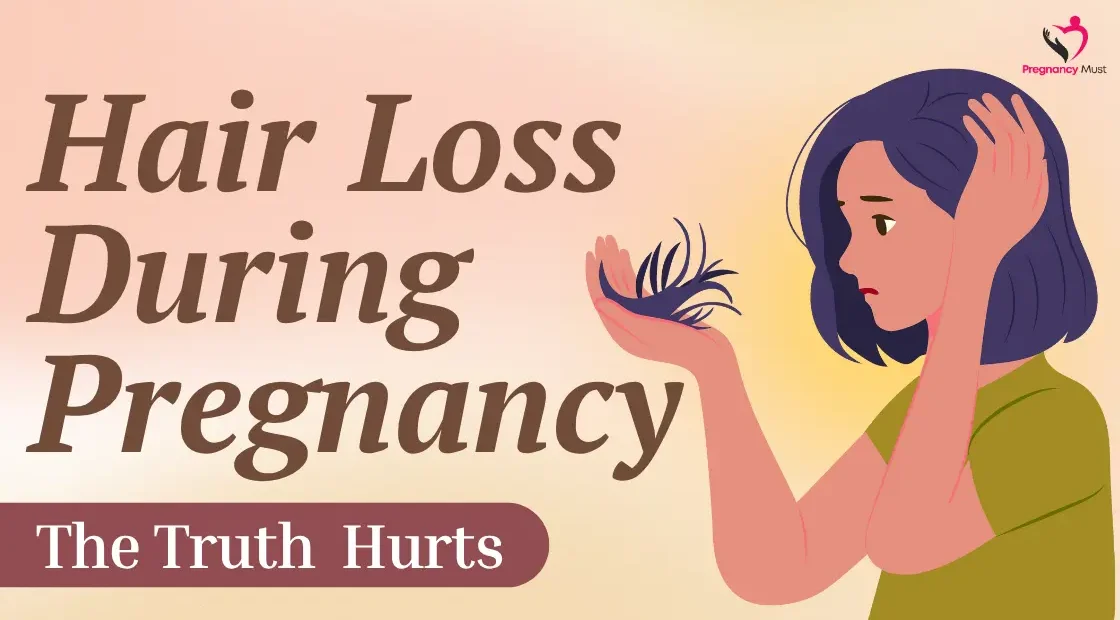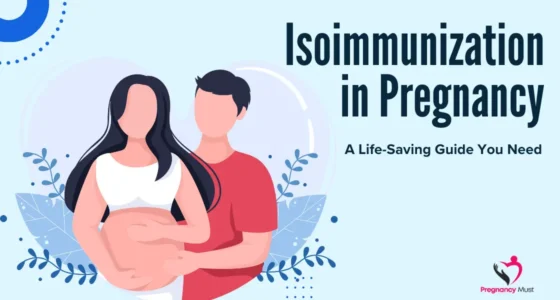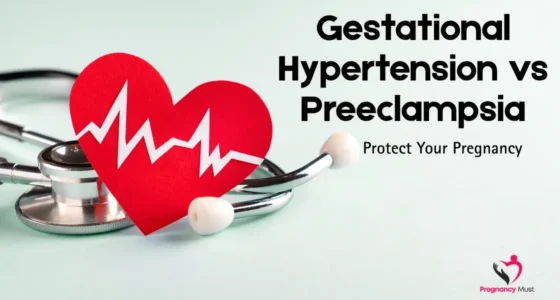Hair loss during pregnancy can be a shocking and emotional experience. While many expect luscious locks during this special time, some women face unexpected shedding.
Table of Contents
- What Causes Hair Loss During Pregnancy?
- Is Hair Loss Normal During Pregnancy?
- The Hair Growth Cycle Explained
- How to Prevent Hair Loss During Pregnancy
- Hair Loss Treatment During Pregnancy
- How to Stop Hair Loss During Pregnancy
- Postpartum Hair Loss vs. Pregnancy Hair Loss
- Best Products to Use During Pregnancy
- Styling Tips for Thinning Hair During Pregnancy
- When Should You See a Doctor?
- FAQs About Hair Loss During Pregnancy
- Final Thoughts
What Causes Hair Loss During Pregnancy?
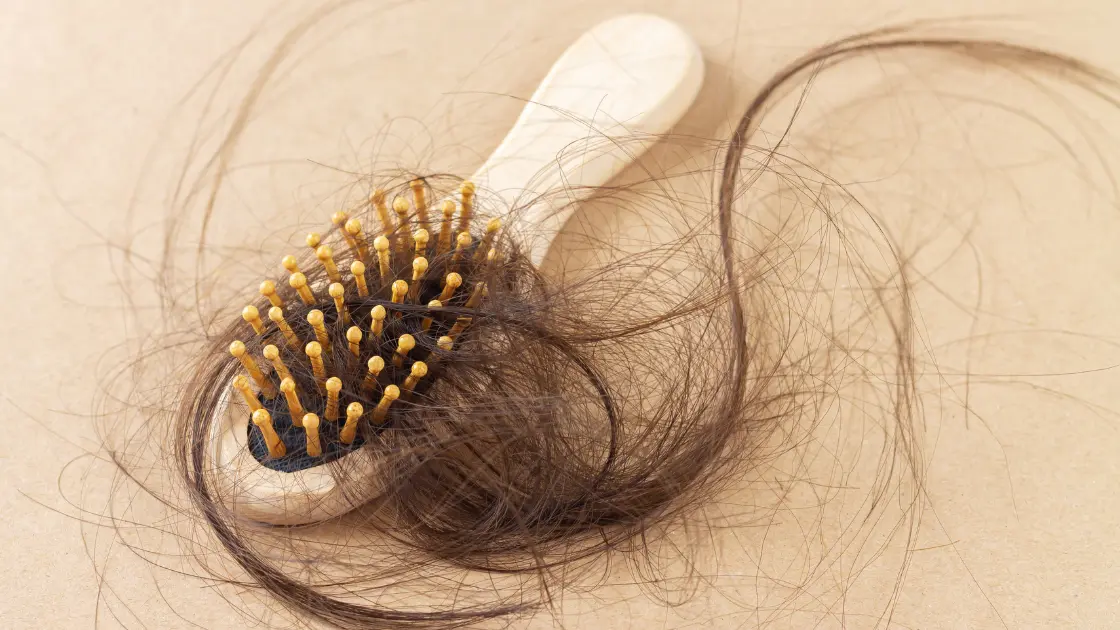
Hormonal fluctuations are the main culprit behind hair loss during pregnancy. At the start of the pregnancy, the increase in the quantity of estrogen and progesterone influences the hair generation cycle, usually forcing additional locks into the resting stage (telogen). It results in more shedding, which is normally referred to as telogen effluvium.
Other Contributing Factors
Nutritional Deficiencies – Iron, Protein, or Vitamin D Deficiency Can Contribute
During pregnancy, your body requires more nutrients to support both your health and your baby’s development. If you’re not getting enough iron, your red blood cells can’t carry sufficient oxygen to your tissues, including hair follicles—this can lead to increased hair shedding. Protein is essential for hair structure; without it, hair may become brittle and fall out. Similarly, vitamin D is associated with follicle well-being and developments. The weakening of either of these may derail hair growth cycle and result in evident thinning.
• Stress and Anxiety – Mental Stress from Pregnancy Complications Can Exacerbate Shedding
Pregnancy can be emotionally and physically taxing. If you’re experiencing complications, fear, or anxiety, your body might release high levels of cortisol (the stress hormone). This can shock hair follicles into the telogen (resting) phase, leading to telogen effluvium, a common form of hair loss caused by stress. Even emotional stress unrelated to pregnancy can trigger this response.
• Thyroid Imbalances – Hypothyroidism or Hyperthyroidism Can Trigger Hair Thinning
The thyroid gland regulates metabolism and affects various bodily functions, including hair growth. In hypothyroidism (underactive thyroid), your body slows down processes, including hair regeneration, resulting in dryness and shedding. In hyperthyroidism (overactive thyroid), the metabolism speeds up too much, disrupting the hair cycle and often leading to thinning. Both conditions are relatively common in pregnancy and postpartum.
• Discontinuation of Birth Control – Hormonal Shifts After Stopping Contraceptives Affect Hair Growth
If you stopped hormonal birth control shortly before becoming pregnant, your body might still be adjusting to the sudden change in estrogen and progesterone levels. These hormones influence the hair growth cycle, and when their levels fluctuate—especially dropping suddenly—it can push more hair into the shedding phase. This transition in hormones is going to cause temporary hair loss as your body settles down into a new rhythm.
Is Hair Loss Normal During Pregnancy?
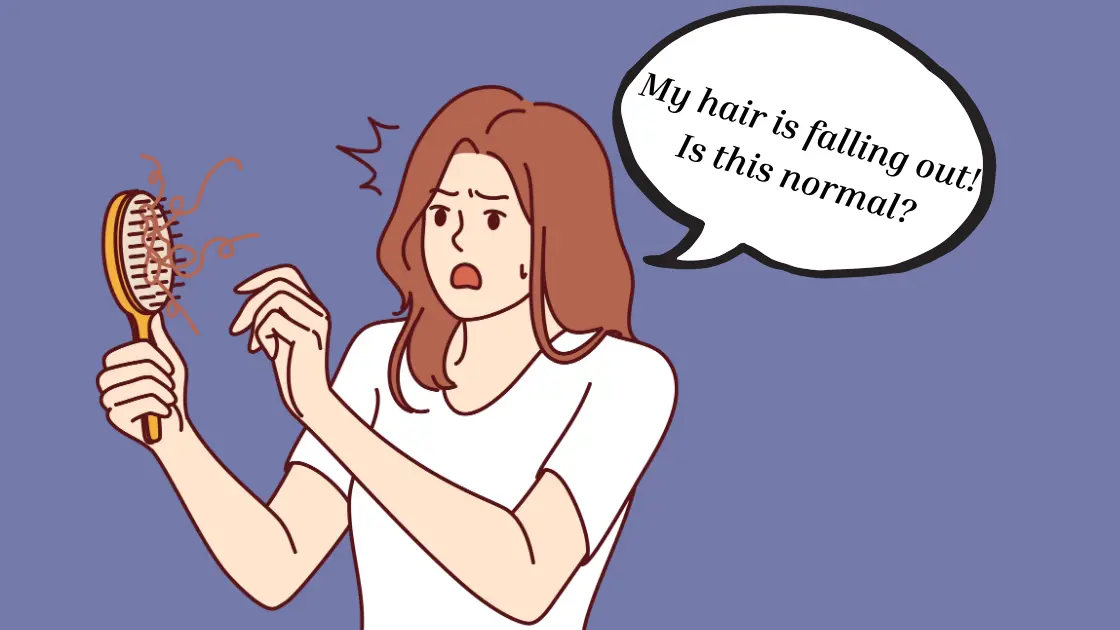
Yes, hair loss during pregnancy is a common concern. Although all pregnant women do not experience the loss of hair, it is normal to have some shedding, particularly, during the first trimester.
When to Worry?
If you notice:
• Sudden Clumps of Hair Falling Out
When hair comes out in handfuls while brushing or washing, it’s often a sign of telogen effluvium—a stress-induced hair loss condition where a large number of hair follicles enter the resting phase all at once. During pregnancy, this can be triggered by:
- Severe emotional or physical stress
- Acute illness or surgery
- Major hormonal shifts
- It’s not typical and should be evaluated by a healthcare provider, especially if it happens suddenly or lasts more than a few weeks.
• Thinning Patches or Bald Spots
If you notice specific areas where hair is visibly thinner—or even bald—this may indicate alopecia areata, an autoimmune condition where the body attacks its own hair follicles. Pregnancy also has a tendency to stabilize autoimmune reactions but induce them in others. The other potential causes are:
- Thyroid disorders (like hypothyroidism or hyperthyroidism)
- Nutritional deficiencies (such as zinc or B12)
- Scalp infections or inflammation
- These symptoms are not considered part of normal pregnancy-related shedding and require medical evaluation.
• Hair Falling Out Despite a Balanced Diet
If you’re eating well and still losing hair, the cause may be malabsorption—where your body isn’t properly absorbing nutrients despite a healthy intake. Pregnancy can alter how nutrients are processed due to:
- Changes in gut health or digestion
- Iron-deficiency anemia even with iron-rich food (your iron needs increase during pregnancy)
- Untreated disorders such as thyroid, celiac disease or hormonal disorders
- In such cases, blood work and medical investigation are essential to get to the root cause.
It’s best to consult your OB-GYN or a dermatologist to rule out any underlying conditions.
The Hair Growth Cycle Explained
Understanding the hair growth cycle helps explain why hair loss during pregnancy happens.
Phases:
Anagen (Growth Phase) – Lasts 2–7 Years
This is the growing stage in which your hair follicles are creating new hair. Around 85-90 percent of your scalp hair is at this stage at any one given time. The more your hair remains in this stage, the longer it grows.
During pregnancy: This period can be lengthened by high levels of estrogen especially in the middle of pregnancy and this explains why most women find their hair to be thicker and fuller during this stage. Nevertheless, balancing can easily be broken because of hormonal imbalances, stress or lack of nutrients.
• Catagen (Transition Phase) – Lasts About 10 Days
This is a short transitional phase that marks the end of active hair growth. Hair detaches from the blood supply and prepares to enter the resting phase. Only about 1–3% of hair is in this stage at any given time.
Why it matters: While brief, this phase is crucial. A pregnant woman with hormonal imbalances might experience excessive hair growth to leave the stage of anagen before the expected time, leading to rapid shedding.
• Telogen (Resting/Shedding Phase) – Lasts About 3 Months
This is the resting phase, where the hair stops growing and is eventually shed. About 10–15% of your scalp hairs are typically in this phase.
During pregnancy or postpartum, Physical or emotional stress can shock the hair cycle, pushing a large number of follicles into the telogen phase simultaneously—a condition known as telogen effluvium. You may not notice the fallout immediately, as shedding often occurs 2–3 months after the triggering event (like early pregnancy stress, nutritional deficiency, or childbirth).
Why this matters for pregnant women:
A healthy hair cycle is delicate and easily influenced by the rapid hormonal and physiological changes of pregnancy. Understanding these phases helps you identify whether your hair shedding is part of a normal cycle—or a sign that something else may need attention.
During pregnancy, more hairs shift prematurely into the telogen phase, increasing shedding.
How to Prevent Hair Loss During Pregnancy

Is this question itching on your mind- “How to prevent hair loss during pregnancy?” The following are methods to counteract measures to prevent hair loss:
1. Prioritize Prenatal Nutrition
- Foods with a lot of iron (spinach, red meat)
- Omega-3 fatty acids (flaxseeds, walnuts)
- Vitamin D supplement, vitamin E, and biotin supplements
- Stay hydrated
2. Gentle Hair Care Routine
- Try hairstyles that are not tight
- Use wide-tooth combs
- Limit heat styling
- Choose sulfate-free, pregnancy-safe shampoos
3. Scalp Massage
Stimulate circulation by massaging your scalp with natural oils like coconut, argan, or castor oil 2–3 times a week.
4. Manage stress
- Practice prenatal yoga
- Meditation
- Deep breathing exercises
- Counseling if anxiety is severe
Hair Loss Treatment During Pregnancy
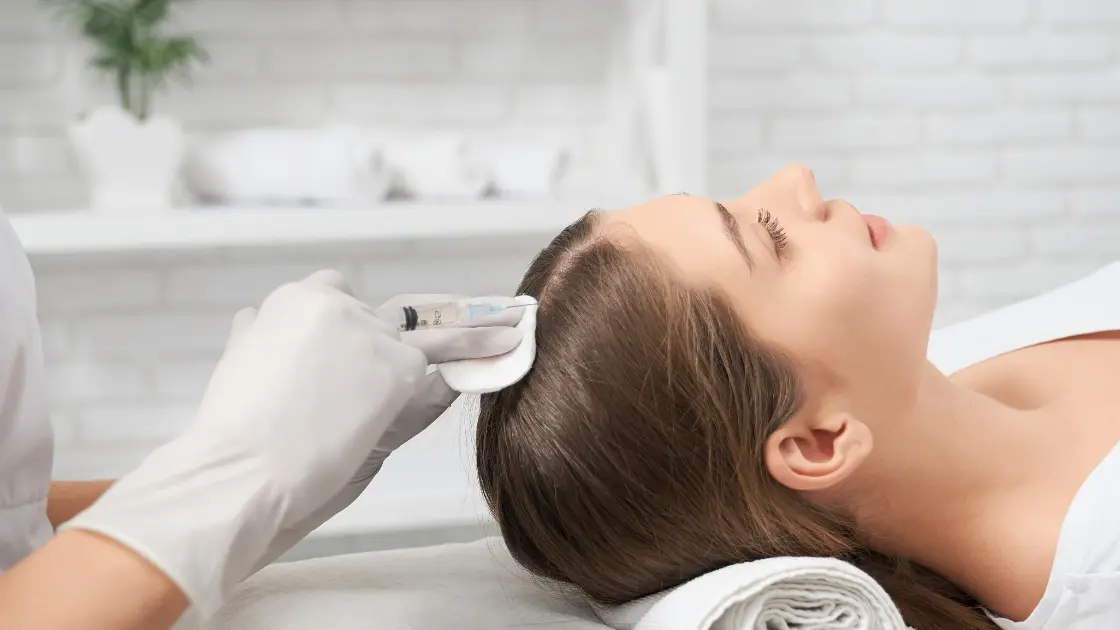
Seeking hair loss treatment during pregnancy should be approached with caution. Always consult your OB-GYN before starting any treatment.
Safe Treatment Options
- Topical natural oils (e.g., rosemary oil, aloe vera)
- Scalp stimulation with massage tools
- Hair masks with organic ingredients
- Laser comb therapy (low-level light therapy—only if cleared by your doctor)
Exclude These
- Minoxidil (Rogaine)- not pregnancy safe
- Chemical hair treatments – Can harm both you and the baby
How to Stop Hair Loss During Pregnancy
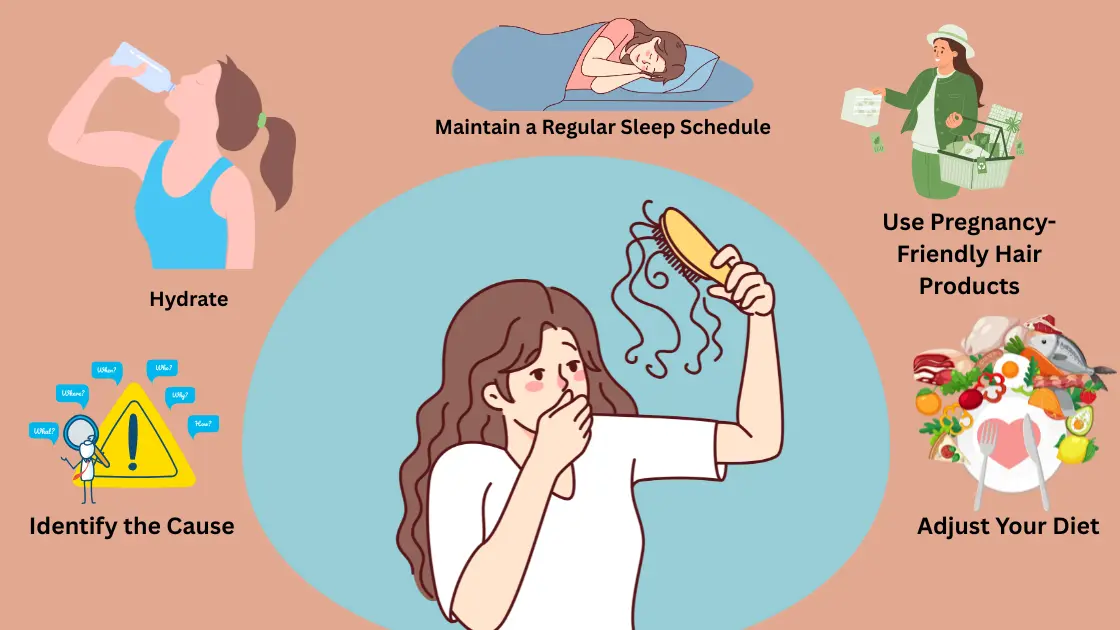
If you’re desperately looking for how to stop hair loss during pregnancy, follow this comprehensive routine step by step:
1. Identify the Cause
Figure out what’s triggering your hair loss—whether it’s hormonal changes, nutrient deficiencies, or stress. This helps you choose the right solution. Speak with your OB-GYN or a dermatologist to rule out thyroid issues, anemia, or autoimmune conditions. Early identification ensures you take the most effective, safe, and targeted action for both your hair and overall pregnancy health.
2. Adjust Your Diet
Add in more pregnancy-safe nutrients such as iron, protein, omega-3s, and biotin to help healthy hair on the inside, out. In addition, include leafy greens, nuts, eggs, and fortified cereals. The well-balanced diet not just ensures the hair growth but also benefits the formation of fetus thus raising your energy levels and preventing related complications of pregnancy like gestational anemia.
3. Hydrate
Take lots of water so that your scalp and the hair roots stay hydrated. Lack of water may retard growth of hair and make them dry. Take at least 8-10 glasses per day and particularly when you have morning sickness related with sweating. This is because proper hydration helps move the nutrients inside the body, keeps the skin flexible, and keeps you and your baby healthier.
4. Use Pregnancy-Friendly Hair Products
Change to mild, chemically free shampoos and conditioners that are nonhazardous during pregnancy. Already strained hair might get weakened by harsh products. Aloe vera, coconut milk, and argan oil may be considered some of the ingredients to look out for. Subscribe to the list of ingredients that you need to avoid, which are sulfates, parabens, and artificial fragrances. Natural plant-based products that are safe to use through your entire pregnancy will work to help reduce scalp irritation, protect the individual strands of hair & provide a healthier scalp to promote new growth.
5. Maintain a Regular Sleep Schedule
Good sleep supports hormone regulation, reduces stress, and gives your body the time it needs to repair and grow healthy hair. Having 7 to 9 hours of sleep or rest at night also develops a relaxing bedtime habit. Not only does quality sleep help your hair; it also elevates your mood, enhances immune system, and the growth and development of the baby.
Postpartum Hair Loss vs. Pregnancy Hair Loss
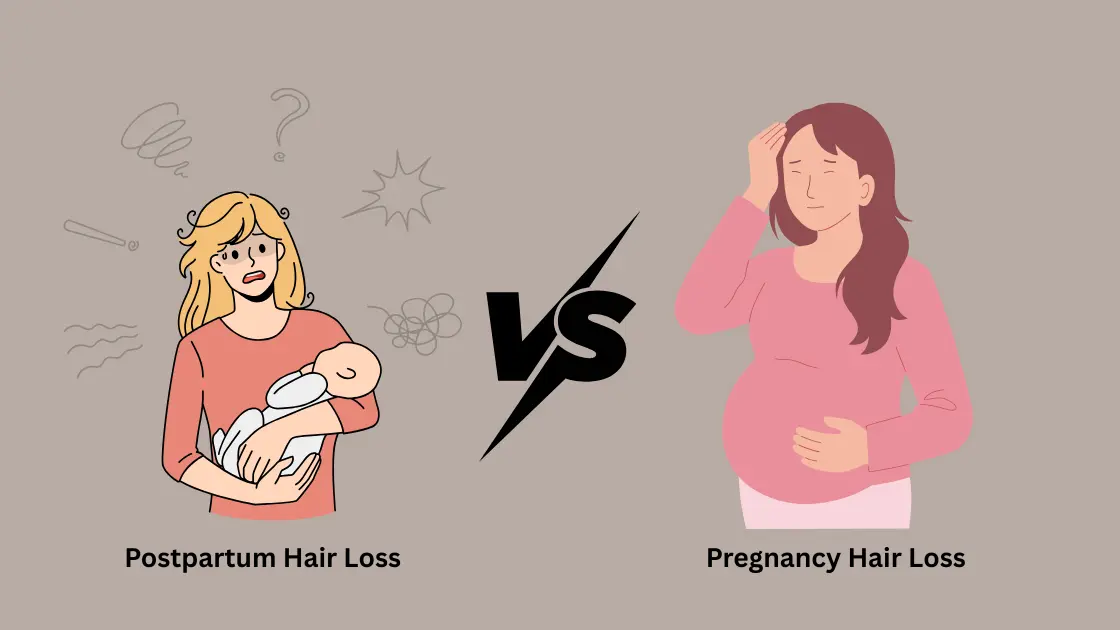
It’s easy to confuse hair loss during pregnancy with postpartum shedding. The latter may be worse since it tends to happen within 3-4 months following birth and, along with it, the sudden decline of estrogen levels.
Key Differences
| Feature | Pregnancy Hair Loss | Postpartum Hair Loss |
| Timeline | First or second trimester | 3-4 months after birth |
| Cause | Hormones, deficiencies | Estrogen drop post-birth |
| Duration | Often temporary | May last up to 12 months |
Best Products to Use During Pregnancy
Assure these key features:
- Free from parabens and sulfates
- pH-balanced
- Organic and cruelty-free
Recommended Ingredients:
- Biotin
- Keratin
- Vitamin E
- Argan oil
- Coconut milk
Styling Tips for Thinning Hair During Pregnancy
- Short cuts have the effect of looking fuller than they really are
- For volumizing mousses and light dry shampoos
- Apply bald patches, when they develop, with scalp concealers
- Avoid breakage by using satin pillowcases
When Should You See a Doctor?
If your hair loss:
- Is accompanied by other symptoms (fatigue, brittle nails, pale skin)
- Shows no improvement with diet/lifestyle changes
- It is causing emotional distress
Consult a healthcare provider. Blood tests may be required to check for anemia, thyroid issues, or autoimmune disorders.
FAQs About Hair Loss During Pregnancy
1. Is hair loss during pregnancy normal?
Yes, particularly in the first trimester because changes in hormones. But when taken too much, see a doctor.
2. How to prevent hair loss during pregnancy?
Eat nutrient-rich foods, stay hydrated, manage stress, and maintain gentle hair care. Consume nutritious foods, drink water, keep stress levels down, and use mild shampoos.
3. What causes hair loss during pregnancy?
Hormonal fluctuations, stress, poor diet, thyroid problems, or iron deficiency.
4. Can I use hair loss treatments while pregnant?
Natural options like oils or scalp massages are safe. Avoid harsh chemicals or minoxidil.
5. Does hair loss mean something is wrong with my pregnancy?
Not always. It is very normal to shed, especially mildly, but in case of concern, consult there.
Final Thoughts
While hair loss during pregnancy can feel frustrating, it is often a temporary and manageable condition. Concentrate on living a healthy lifestyle and track your symptoms, be it your nasal passages, and ask for the doctor’s guidance when your heart isn’t in harmony. And don’t worry – you also aren’t alone – tons of women experience it and have gorgeous, healthy hair after pregnancy.
Love the journey, take care of your body, and trust that your hair will heal in time.
Explore more on Pregnancy Must –
